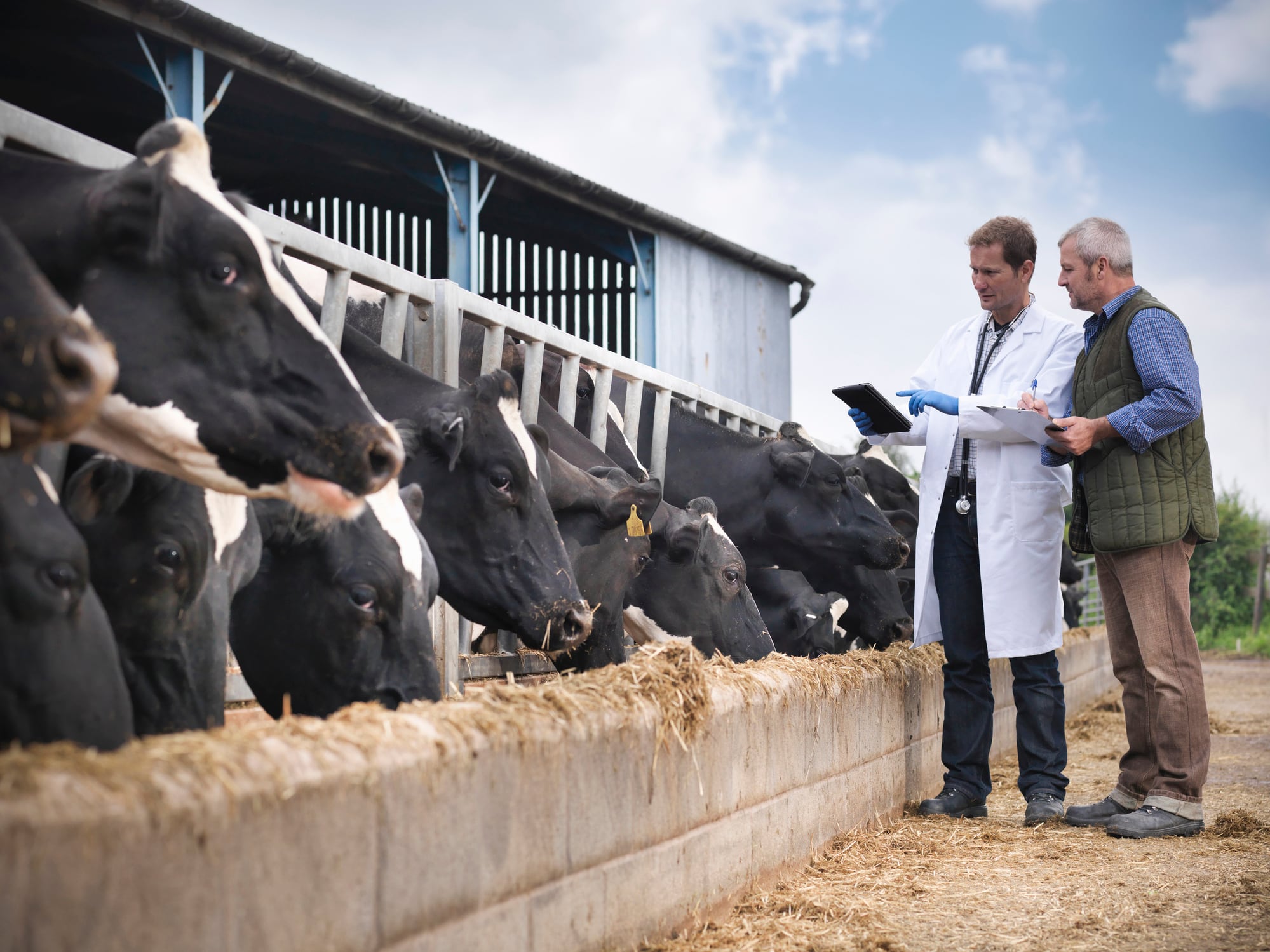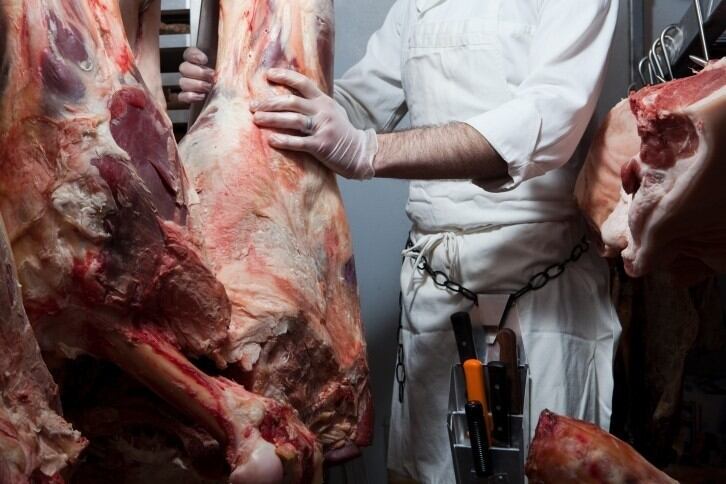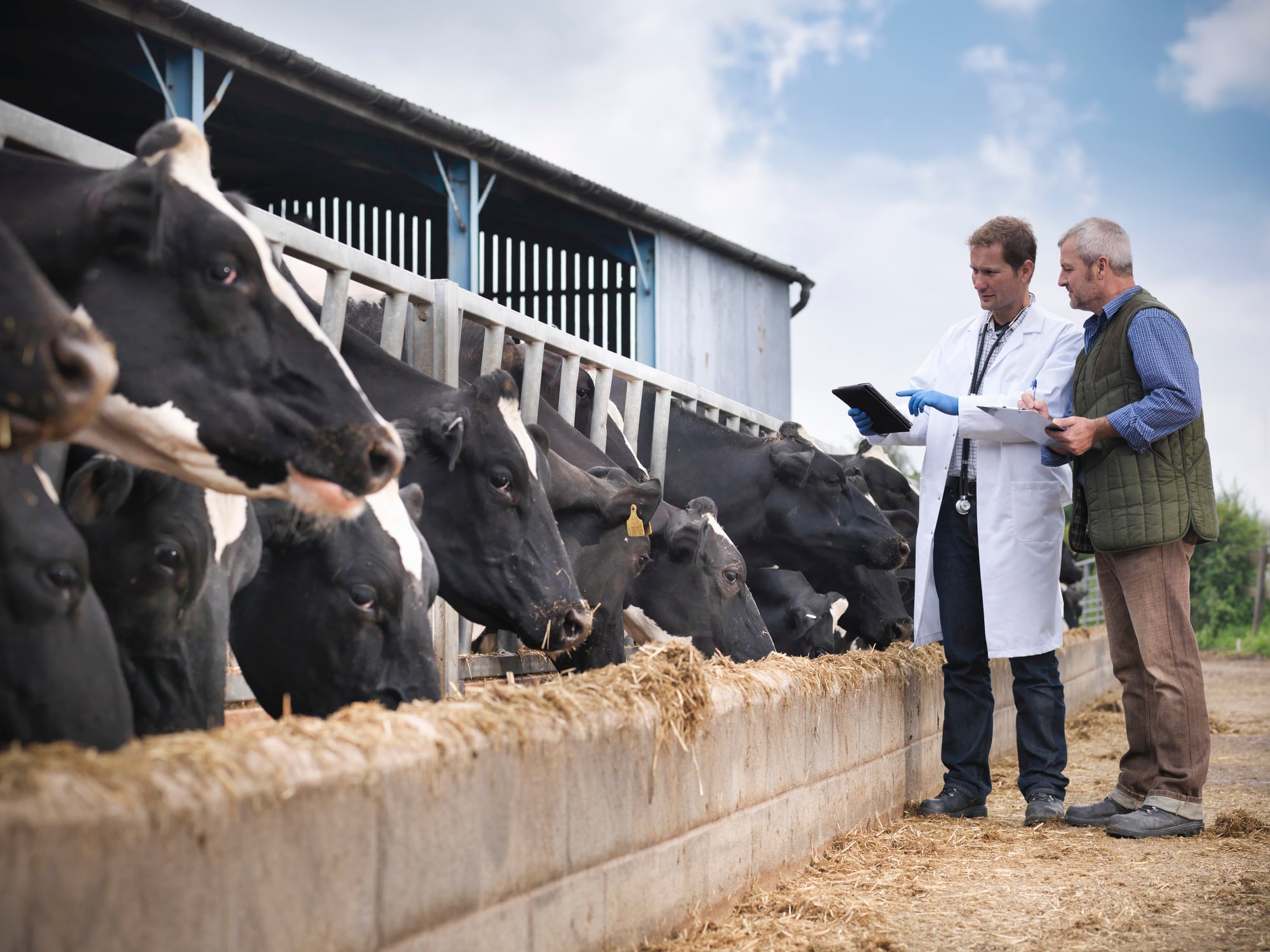Recent discussions by the UK Government’s Environment, Food and Rural Affairs Committee – featuring input from the Food Standards Agency, British Veterinary Association and DEFRA – highlighted a shortage of vets willing to work as OVs in abattoirs.
However, AIMS claimed these discussions overlooked critical historical context and failed to address underlying issues.
Dr Jason Aldiss, head of external affairs at AIMS, claimed the issue could be traced back almost 30 years to 1995, with the rise of veterinary employment agencies importing large numbers of unemployed vets from the EU.
“These vets were paid very low salaries with poor English, replaced UK-trained vets, leading to communication barriers and a diminished perception of the value of the vet in abattoirs,” Aldiss explained.
The Government’s focus on the shortage of OVs in abattoirs has distorted the recruitment pipeline across all vet roles. Attention has been diverted away from the pet sector as efforts are made to flood the market cheaper labour to fill the perceived gap.
Directing OV recruitment
AIMS called for vets with good English skills to be funnelled towards the food industry where communication is crucial, rather than ending up in the companion animal sector.
“Vets with stronger English skills and knowledge of UK farming should focus on public health, while those with less proficiency could better serve in the pet sector,” Aldiss added. “Indeed, this could also potentially serve to reduce the exorbitant fees being charged by vets in the companion animal sector.”
Outside of the warped perceptions of the UK veterinary profession, the sector is further hampered by abattoir regulations that have remained largely unchanged for more than a century that fail to incorporate modern technology and modern food safety risks.
AIMS argued that basic tasks performed by OVs could by delegated by paraprofessionals as part of the vet-led team approach, freeing up vets for more complex duties.
Veterinary resources are further wasted due to a lack of electronic certification in exporting premises – AIMS claimed using modern export certification systems that are already permitted could release more than 100 full-time vets immediately.
‘Two-tier system’
The organisation blamed large veterinary employment agencies of prioritising profit over innovation and modernisation by flooding the market with non-UK trained vets and creating a ‘two-tier system’ that devalued the role of vets in the food supply chain.
By permitting vets with lower English language skills to enter the country and work in abattoirs, the Royall College of Veterinary Surgeons has devalued the OV role further, making the recruitment of UK trained vets into this role even more difficult – UK trained vets want to be paid appropriately and undertake tasks that are useful and valued.
“The UK veterinary profession needs visionary leadership and modern public health controls that use veterinary expertise effectively,” Aldiss continued. “A comprehensive review of the role of vets in abattoirs and the broader food production chain is urgently needed to protect public health and address the concerns within the veterinary profession.”
“We need a regulatory framework that protects vets in the food supply chain and raises their status, ensuring that they are paid well, perform well and deliver a useful function rather than simply being deployed on a ‘stack ’em high - sell ’em low basis’ as described by a previous senior FSA official.”
However, the FSA refuted AIMS' claims that it had been misled.
Natalie Sampson, head of veterinary advisory services at the FSA said: “These claims that the UK government is misled are inaccurate as it’s actually recent disruptions like Covid which have made a global shortage worse. We’re stable in terms of numbers of abattoirs Official Veterinarians for now – thanks to our valued overseas vets – and we need to continue to work hard to retain the vets we have, train more here and make careers in veterinary public health more attractive.
“We’re developing long-term, sustainable solutions, based on a balanced and diverse workforce, working with partners and across government to make that happen so animals and consumers continue to be protected in the future.”





